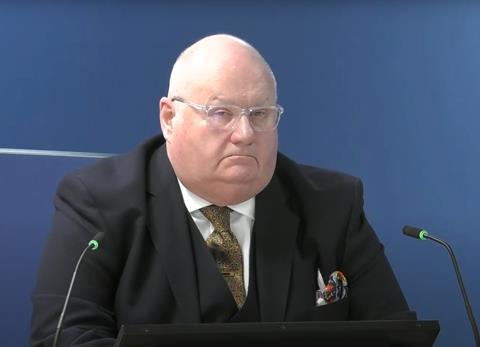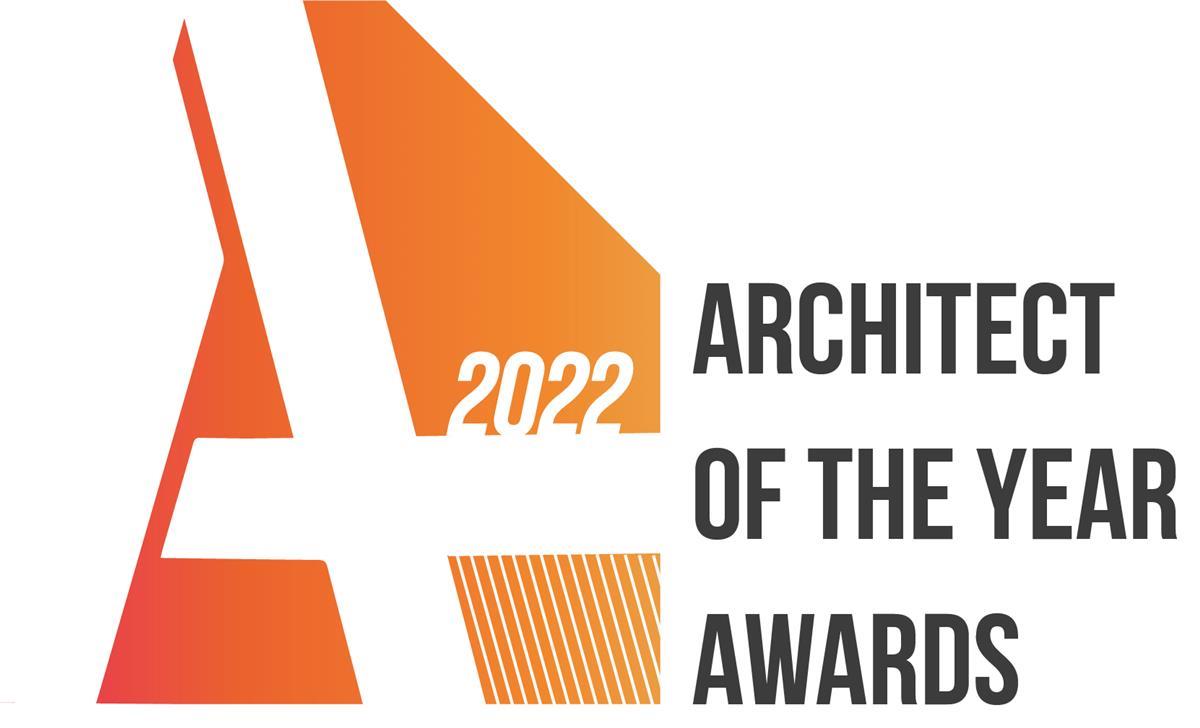Former housing secretary calls claims made by officials they were hampered by red tape cuts “ludicrous”
Claims made by government officials that a drive for deregulation restricted efforts to toughen up fire safety guidance are “ludicrous”, former housing secretary Eric Pickles has told the Grenfell Inquiry.
Several former officials at the Department for Communities and Local Government have told the inquiry in recent weeks that a policy of cutting red tape introduced under David Cameron had made it harder to amend building regulations in the years leading up to the Grenfell Tower fire.
Pickles, who was in charge of the department between 2010 and 2015, said he did not find the evidence given to the inquiry by his officials “very convincing”.
In 2013, officials had been tasked with carrying out a review of fire safety guidance following the Lakanal House fire, which killed six people in 2009 when flames spread rapidly across the building’s combustible cladding.

Coroner Frances Kirkham, who led an inquest into the fire, had asked the department to amend the guidance to clarify the risks of flame spread across external walls.
But this review was repeatedly expanded, first to include all 300 pages of the fire safety guidance and then to include a wider review of building regulations as a whole.
官员们告诉调查人员,这样做的部分原因是2011年出台的“一进一出”政策,即只有在现有法规被取消的情况下,才能增加新的法规。
This “red tape challenge” policy, which was strengthened to “one in, two out” in 2013 and “one in, three out” in 2016, was intended to stimulate the economy in the wake of the financial crisis.
Yesterday, counsel to the inquiry Richard Millett QC asked Pickles: “Did you know that officials within the building regulations division were operating under an assumption that the deregulation policy - whether it’s one in, one out, one in, two out or the Red Tape Challenge - would also catch even a clarifying amendment to the statutory guidance in support of the Building Regulations?”
Pickles replied: “No, I didn’t, and I would have regarded it as being ludicrous and wholly disproportionate.”
Former deputy director of building regulations Bob Ledsome told the inquiry last month that neither he nor any of his colleagues at the department had ever applied for an exemption for the building regulations from the deregulation policy because he did not think it was a “fight worth having”.
Pickles, who was shown this evidence at yesterday’s hearing, said his reaction to it was “intense impatience”.
He added: “My view might be put simply: it was politicians’ role to take decisions. You don’t help the politician to take a decision unless you confront them with the reality.”
Ledsome had said he had not thought about asking for an exemption because Pickles would have had to make the case to then-business secretary Vince Cable, who was responsible for decisions on regulating industry.
Pickles admitted that there would have been an “enormous amount of horse-trading” but that he would still have expected officials to flag any issues with the building regulations review.
“I’m not saying I would have agreed with Mr Ledsome. But I think I’m entitled to have had a chance to do the right thing or do the stupid thing,” Pickles said.
But Pickles admitted that he was in favour of deregulation at the time because adding new regulations was a “difficult thing to achieve”.
Millett asked if he was “one of those ministers… who was trying to drive change through a deregulatory agenda and, therefore, acting as a disincentive to any change to the building regulations and guidance that officials wanted to make?”
“我当然想解除管制,”皮克尔斯回答说。
“你是否意识到,官员们觉得……他们是在一个政策环境下工作,监管干预是最后手段?”米勒特问道。
“嗯,这不是一件坏事,不是吗?”Pickles称,"建立一个……我们不会直接进入监管的体系,在我看来这是一件好事。"
在昨天的听证会上,还出现了负责建筑法规的官员布莱恩•马丁(Brian Martin)递交给部长们的评论。在评论中,马丁对柯卡姆针对Lakanal House火灾所提出的建议提出了质疑。
Martin said the expert witness who had advised Kirkham’s inquest had given “confused and conflicted” evidence on the building regulations, and so it was “unsurprising” that the coroner had asked for the regulations to be clarified.
“That certainly affected my judgement in terms of the importance of doing [the review],” Pickles said. “I wasn’t going to dismiss the coroner’s views. But, nevertheless, it was very much at the forefront of the mind. I mean, it was said that I shouldn’t worry, there wasn’t any real issue in terms of safety, people know these kinds of things.”
Almost no progress on the review had been made by the time of the Grenfell Tower fire, which killed 72 people in June 2017.
Decisions to specify combustible cladding on the walls of the building during its flawed refurbishment were made in autumn 2014, more than five years after the Lakanal House fire.
直到2018年12月,也就是格伦费尔大火一年半之后,建筑法规才被修改为明确禁止使用可燃材料。
The inquiry continues.















